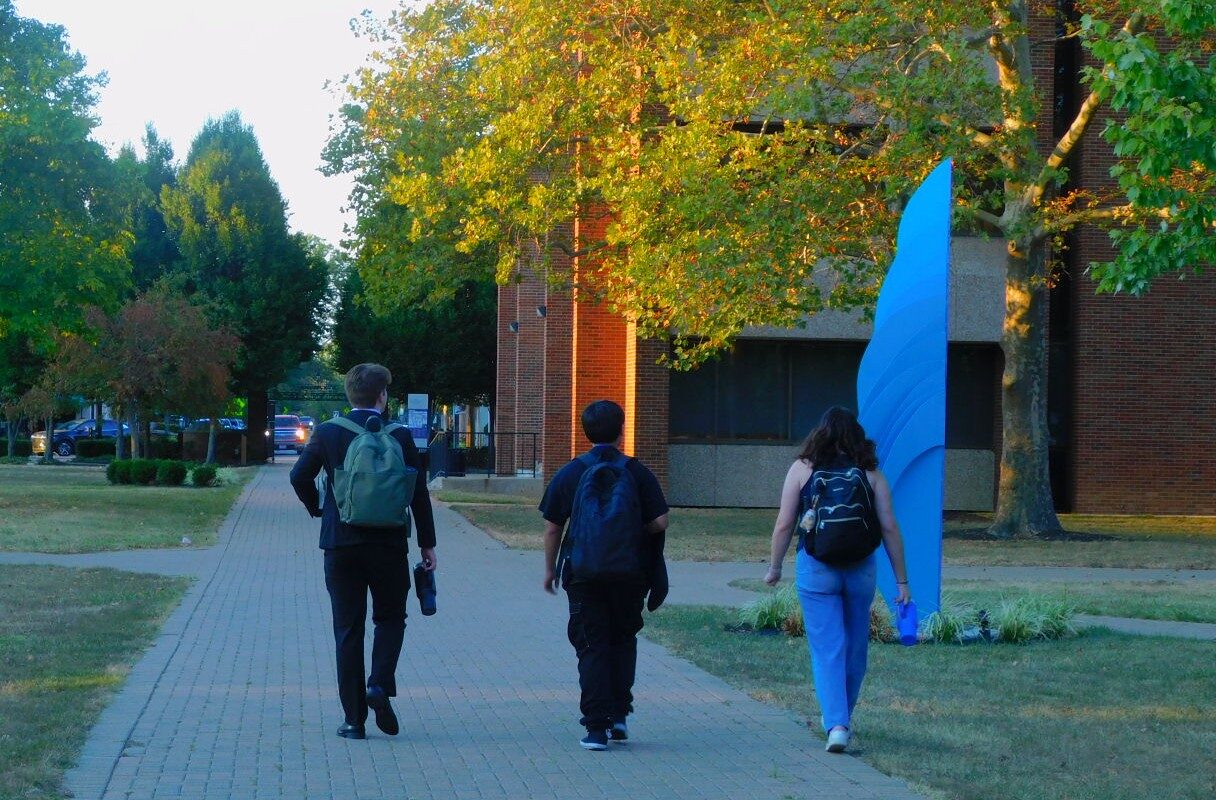Recently, COVID-19 numbers have started to spike back up again, both on campus and in the US.
According to the New York Times, COVID-19 numbers typically peak mid-December to mid-January, and mid-August to October. Though numbers now are significantly lower than at the start of the pandemic, the peak times remain the same.
According to the Association of American Medical Colleges (AAMC), while there is no need to mandate mask wearing, some physicians may advise that masking up, especially in high-risk situations, such as in a crowded room or while traveling.
Similarly, the Center for Disease Control (CDC) has recommended people suffering from any symptoms of COVID-19 should self-isolate and test for COVID-19.
If students are in need of tests, most Columbus Metropolitan Libraries have free COVID-19 testing kits.
According to the CDC, students that test positive can resume normal activities after their symptoms improve and they are fever-free without the use of medication after 24 hours. Upon resuming activities, students are asked to take precautions for five days, such as physical distancing, masking and frequently washing hands.
Due to the end of the COVID-19 public health emergency, the CDC no longer regularly receives the data necessary to publish “Community Transmission levels” for the virus. The data helped the CDC to create recommendations for controlling the virus, especially in earlier intervention settings, as well as to avoid strain on the healthcare system and protect individuals.
On Aug. 22, an updated mRNA vaccine was approved by the Food and Drug Administration. According to AAMC, research has shown vaccine effectiveness “peak[s] four weeks after vaccination.” The CDC recommends moderately and severely immunocompromised people get a booster every two months.
COVID-19 vaccines are available at CVS and Kroger pharmacies, and are covered by most insurance providers. Students can also go to the Franklin County Health Department.
The university’s website states that students with flu symptoms, temperatures of more than 102 degrees, a cough and/or a sore throat are recommended to call the Center for Health and Wellness to schedule an appointment, go to urgent care or go to Wexner Medical Center’s emergency room or urgent care center. If students are unsure of whether to go to a medical office, it is recommended to err on the side of caution and schedule an appointment.
The university’s page on pandemic planning also suggests that to limit the spread of sickness, students should frequently wash hands, practice proper coughing and sneezing etiquette and stay home if sick.
The CDC advises wearing a mask and practicing social distancing can lower the risk of transmission, and recommends people with symptoms to get tested.
Masking decreases the chances of passing a respiratory illness to someone who may be at a high risk for such, and is also a way to protect oneself .While masking is not required, the university is a mask-friendly campus, so students can mask if they so choose.

